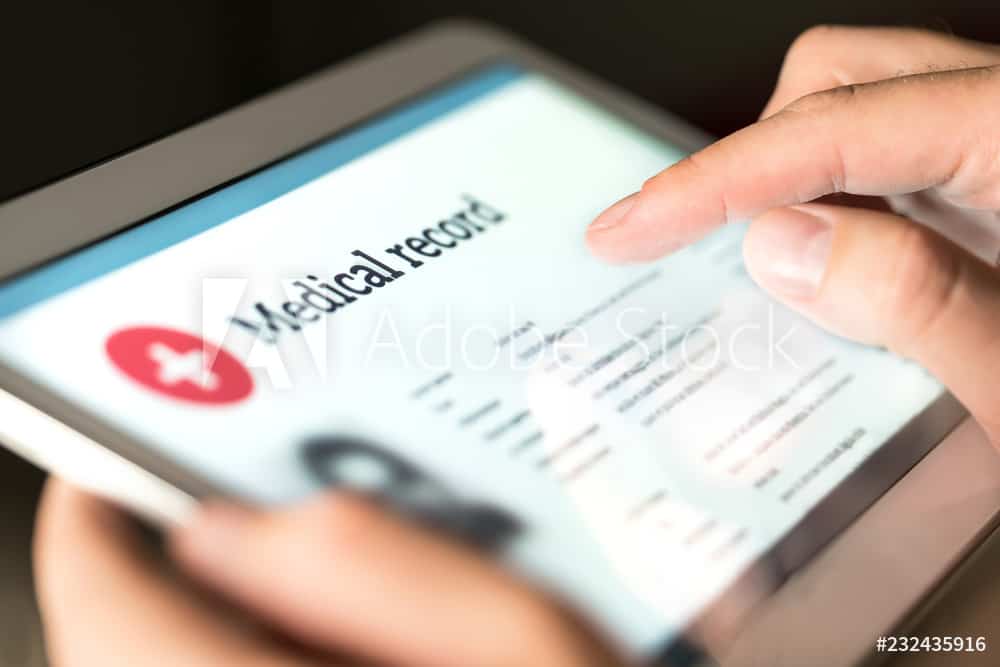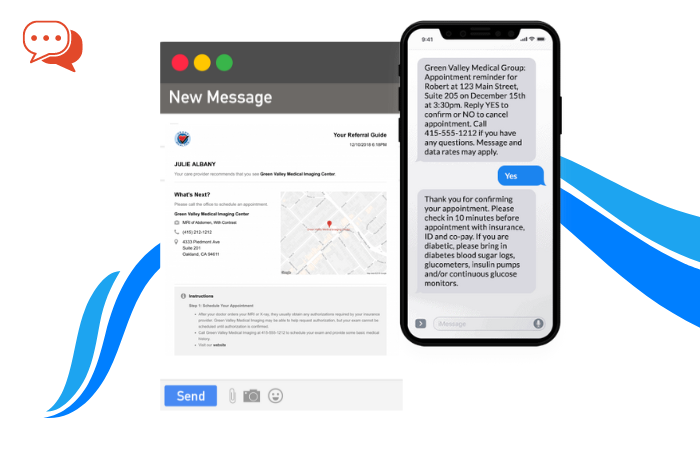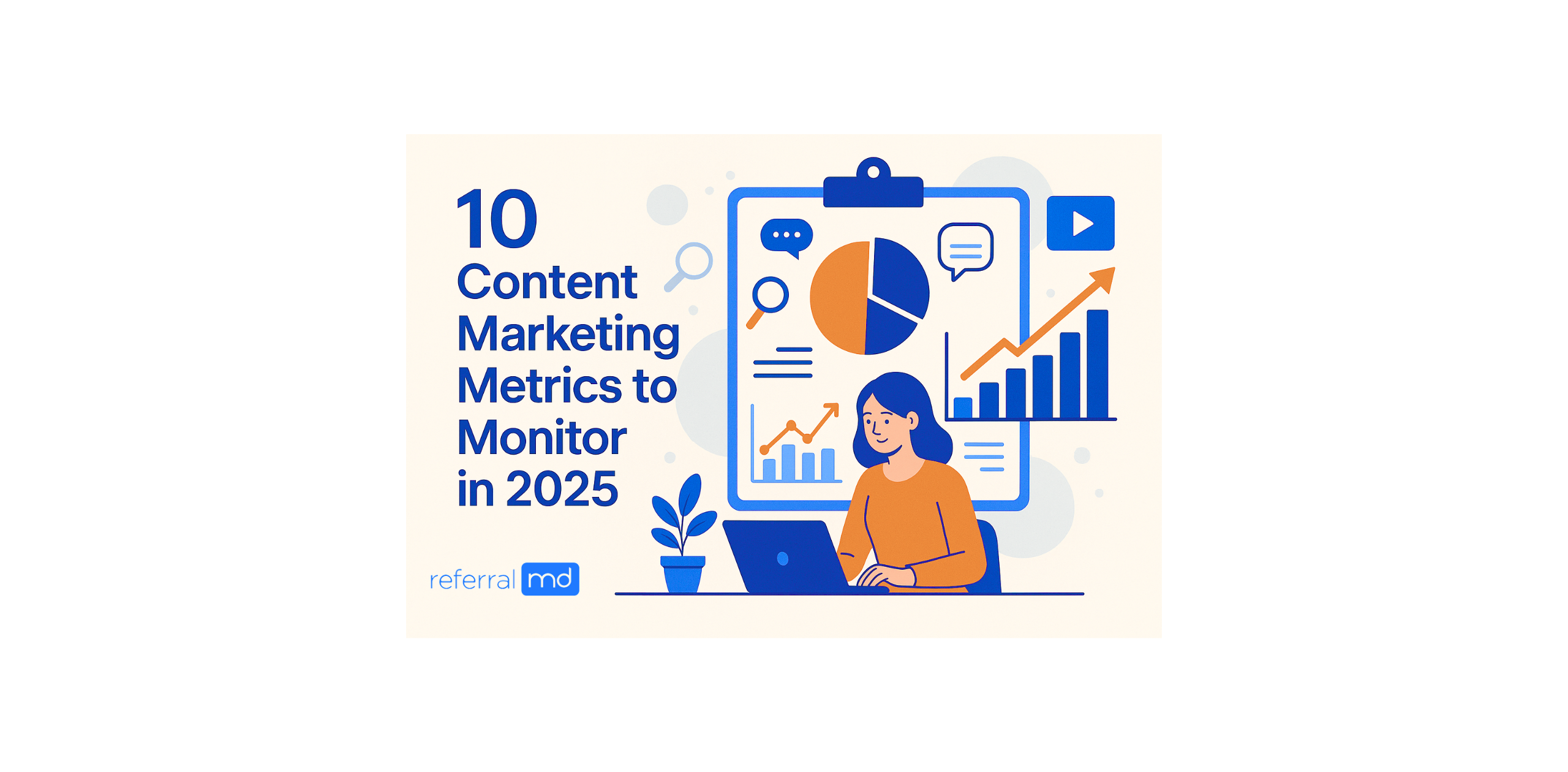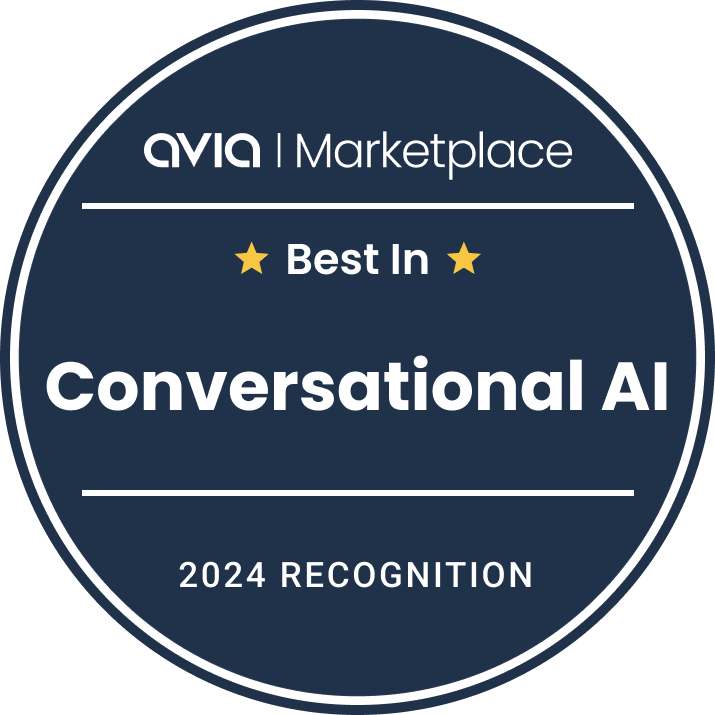Managing data has become a critical element of success for businesses worldwide in the modern age, where information means power. As they grow, so does the sheer amount of data they generate and process. Client information, service details, and performance metrics can become overwhelming to handle manually. Healthcare CRM data management software for consulting businesses is one of the most effective tools that can help. It can help consolidate and organize information and streamline data import and export.

Photo by on Pexels
What is a Healthcare CRM?
Alright, let’s start with the basics. Healthcare CRM is a powerful tool that helps providers manage patient relationships, improve communication, and streamline processes. It enables hospitals, clinics, and other healthcare organizations to track patient interactions, appointments, and medical histories in one centralized system.
The Importance of Data Integrity
Now, let’s talk about data integrity, which is essentially the trustworthiness and accuracy of data. In the healthcare industry, accurate and reliable data is crucial for providing quality care, making informed decisions, and conducting research. Imagine the chaos of patient records needing to be completed, updated, or corrected! That’s where data integrity comes into play.
Understanding Data Import
If you need to become more familiar with data import in CRM, it’s the process of transferring data into the Customer Relationship Management system or software. This might involve information gathered in spreadsheets, databases, or other CRM systems.
These systems, such as Monday Sales CRM, Salesflare CRM, and Close CRM, are designed to handle diverse data types. It includes contact information, client interaction history, sales figures, marketing campaign data, service records, and operational metrics.
Best Practices for Data Import in CRM Systems
Using CRM systems and successfully importing data is more than just uploading the files. It is an intricate process that requires careful planning and execution. Here are the best practices:
- Before importing data, ensure it undergoes a thorough data cleansing process. This involves eliminating duplicates, correcting inaccuracies, and data validation integrity.
- Before import, map the data fields correctly to their corresponding fields in the CRM. It will ensure that all data aligns with the structure, reducing the risk of corruption or loss.
- The final step is testing data to verify the success of the import. It can include spot-checking records, running reports, or using data verification tools.
By understanding all these intricacies, a consulting business can harness the full potential of its structured data.
Streamlining Data Export From CRM
Data export in CRM involves extracting data from the CRM system for use in other applications or systems. The primary purpose of this process is to streamline the data analysis, reporting, and sharing outside the CRM environment. A wide range of data, from customer details to sales metrics, can be export data. CRM systems offer various data export formats like CSV, Excel, PDF, and more and provide customization options to tailor the exported data whenever a user needs it.
Best Practices for Data Export in CRM Systems
Like data import, the export process also requires careful planning and execution to ensure data integrity and usability. To streamline the data export process, you should do the following:
- Before you initiate the process, clearly defining the data you need is crucial. Unnecessary data can complicate the export process and make analysis more difficult. This step minimizes the volume of processed information.
- CRM systems generally support a variety of export formats, such as CSV, Excel, and PDF, among others. Understanding the requirements of the receiving system will enable you to choose the most suitable format.
- Many routine data export tasks can be automated, such as exporting from Airtable to Google Sheets, saving time and reducing the risk of human error. For instance, if you need to export a specific data set weekly, setting up an automated process can ensure it gets done seamlessly.
These practices streamline the export process and ensure that the available CRM data is easily accessible for various operations.
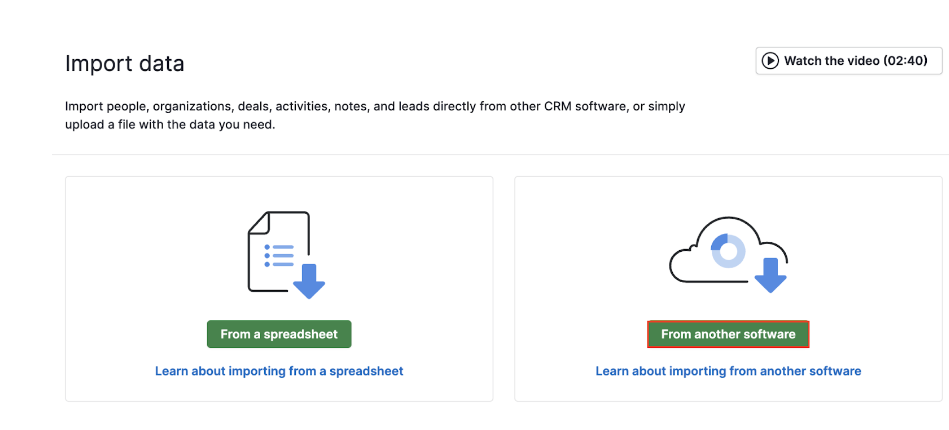
Source: Pipedrive
Maintaining Data Integrity in Healthcare CRM
To ensure data integrity within a healthcare CRM system, a few critical practices should be followed:
- Data Validation: Implementing validation measures ensures that only accurate and complete data is entered into the CRM system. This helps prevent errors, duplicates, and inconsistencies right from the start.
- Access Controls: Limiting access to patient data to authorized personnel helps maintain data integrity by reducing the risk of unauthorized changes or misuse.
- Regular Audits: Conducting periodic audits and data quality checks is crucial to identify and rectify any data discrepancies, ensuring the information remains accurate and current.
- Training and Education: Providing ongoing training to staff members who interact with the CRM system is essential. This promotes a culture of data integrity and empowers employees to use the system effectively and responsibly.

Miniature house and Medical stethoscope
Benefits of Healthcare CRM and Data Integrity
By incorporating data integrity practices within a healthcare CRM system, healthcare providers can reap numerous benefits, such as:
- Improved Patient Care: Accurate and up-to-date patient information enables healthcare professionals to make well-informed decisions, enhancing patient care and outcomes.
- Increased Efficiency: Streamlining data entry and management processes saves time and reduces the risk of errors, allowing healthcare providers to focus on delivering quality care.
- Enhanced Communication: A centralized CRM system ensures seamless communication between different departments within a healthcare organization, promoting collaboration and continuity of care.
- Better Decision-Making: Reliable data enables healthcare administrators to analyze trends, identify areas for improvement, and make data-driven decisions that positively impact patient outcomes and organizational performance.
Integration and Synchronization With External Systems
A CRM system must work in harmony with other business tools. This allows data to flow smoothly between systems, providing a complete picture of the business operations. Consulting businesses often connect these systems to external systems like project management tools, invoicing software, or marketing platforms.
While such integration can boost productivity and enhance customer service, it may also present challenges, such as ensuring data security. However, data synchronization between CRM and other systems guarantees up-to-date and accurate information across all platforms.
To achieve a smooth integration and synchronization process, it’s beneficial to align the data fields across systems properly. Regularly check the systems for issues and automate data sync tasks.
The Critical Role of Data Mapping
In the context of system integration, data mapping is, again, a crucial step. When a CRM system is integrated with another business tool, like a marketing automation platform or a billing system, data fields in both systems must correspond correctly. This enables seamless data flow between the systems and ensures data consistency across the business operations. Effective data mapping significantly contributes to accurate, consistent, and reliable data in CRM systems. In turn, it enhances data-driven decision-making in consulting businesses.
Data Security and Privacy
One thing that is paramount for CRM systems is data privacy and security. With the vast amount of sensitive information they handle, CRM systems must fully comply with data protection regulations. It’s equally essential to safeguard data during import and export processes to prevent breaches. Strategies to secure data can include encryption, anonymization, and using secure connections for data transfer.
Additionally, maintaining data confidentiality and controlling who can access the data is crucial within these systems. A business should assign different user roles and permissions to ensure that only authorized personnel can access specific data and keep it safe and private.
Simplifying Data Management
As businesses become more focused on using data, managing data import and export in CRM systems is essential, especially for consulting firms. By following the best practices, businesses can better manage their data, improve their customer service, make smarter decisions, and, in the end, perform better as a business. Even though managing data in CRM systems can be complicated, with careful planning and effort, it can certainly lead to great results.
Remember that the key to efficiently managing data in CRM systems lies in these best practices applied at every stage. From cleansing and validating data before import through proper data mapping to automation of processes for efficiency, each step matters in streamlining data management.
Conclusion:
Data integrity within healthcare CRM systems is paramount to delivering high-quality care and improving operational efficiency. By implementing best practices such as data validation, access controls, regular audits, and staff training, healthcare providers can unlock the full potential of their CRM system and ensure that accurate, reliable data drives their decision-making processes. So, let’s embrace the power of healthcare CRM and strive for data integrity to revolutionize how we provide care!

